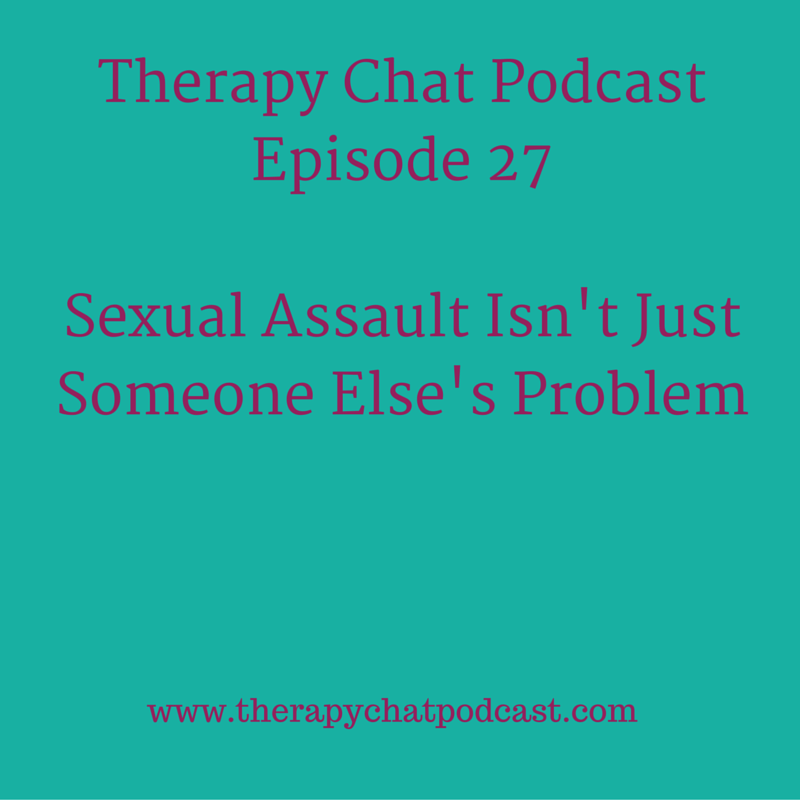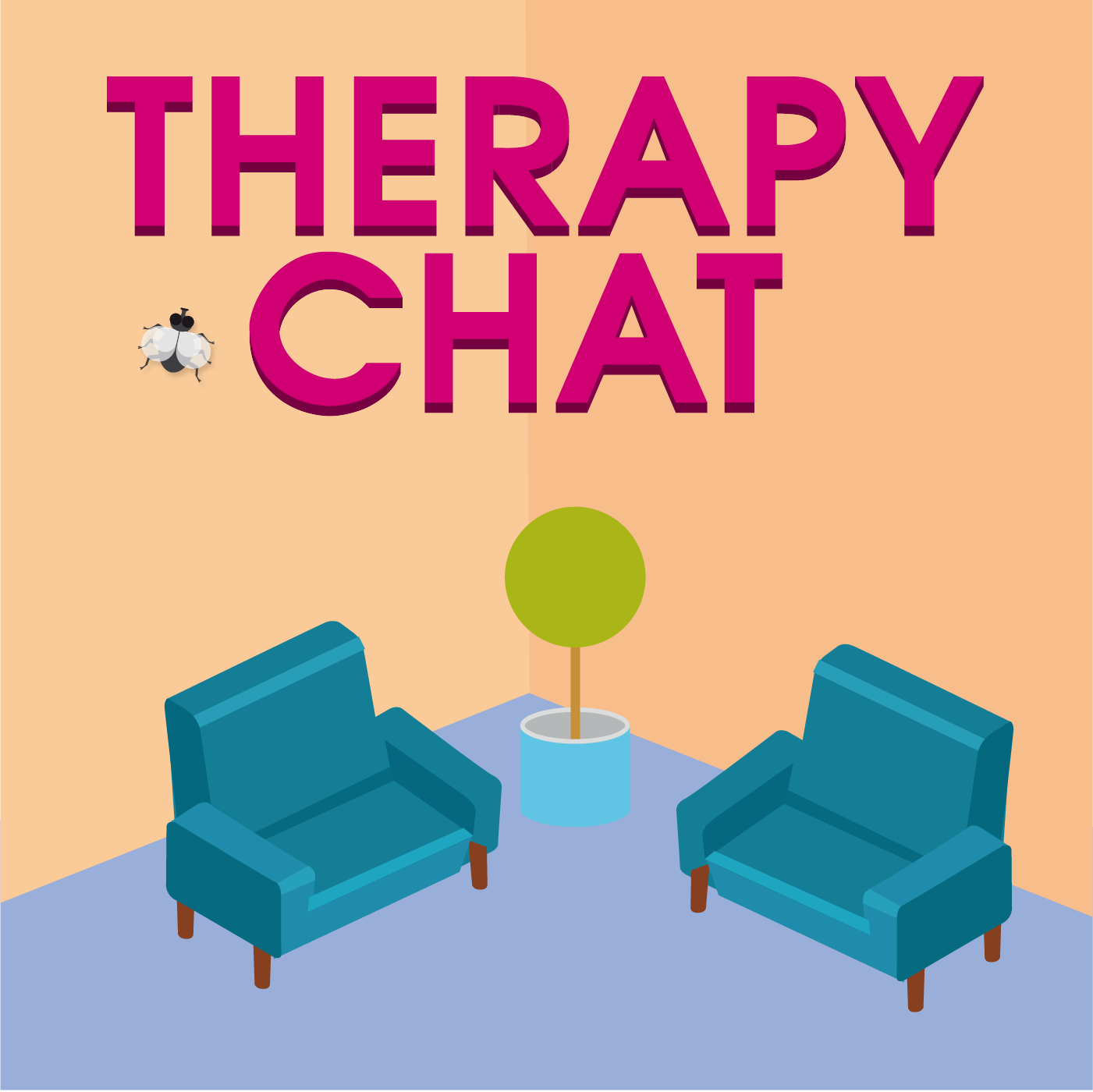Welcome! Trauma therapy became my passion after I volunteered at a Sexual Assault Crisis Center in Virginia starting in 2002. I got great counseling experience and went through extensive volunteer training before I became an employee in 2003. I learned a lot about trauma, and even though sexual assault is not something we like to talk about, it’s a common problem. Statistics show that one in four women and one in six men will be sexually assaulted during their lifetime. April is Sexual Assault Awareness Month, but I'm focused on ending sexual violence every day.
What you’ll hear in this episode:
Two types of sexual assault are Childhood Sexual Abuse (listen to Episode 30 for that) and Sexual Assault/Rape not involving a child. The latter is our focus today.
If you are sexually assaulted, you have several options to consider. To help you make sense of what to do I recommend the following:
Call a Sexual Assault Crisis Hotline. Visit the Rape, Abuse, and Incest National Network at www.rainn.org for the national phone number which will connect you to your local Sexual Assault Crisis Center. You will speak with a trained person who knows your local area's policies and procedures and can help you understand your options.
Be aware that many hospitals provide a forensic evidence exam at no cost to you, within 120 hours of the assault. You can also get checked out by a doctor, but that type of medical exam is not the same as collecting forensic evidence which will be needed if you plan to report this crime to authorities. Your local sexual assault crisis center can provide information on which hospitals have forensic nurses to collect evidence, and most will offer you an advocate to accompany you and help you know your rights in the process when you're making decisions about having a forensic exam.
Whether or not to report the assault to the police or other authorities is a very personal decision, and you have options. If you are in the military you have another process you can choose to participate in, and if you're a college student your school will have a non-criminal reporting process you may elect to use.
Reach out for support to someone you believe will be supportive. For friends and loved ones wanting to be supportive, visit www.evawintl.org (End Violence Against Women International.) Check out their “Start by Believing” campaign.
Keep in mind that the civil legal process is another option outside the criminal investigation; a lawsuit can be another way to hold offenders accountable even if a criminal prosecution is unavailable.
The Maryland Coalition Against Sexual Assault (MCASA) is an outstanding resource for survivors, and has information on survivors' legal rights as well. www.mcasa.org .
Find a Sexual Assault Crisis Center using the Directory at www.centers.rainn.org.
There are some common reactions of victims following sexual assault/rape. Find a comprehensive list at www.musc.edu.
There are many community events across the country in April to bring awareness to sexual assault. The events include The Clothesline Project, The Monument Quilt, Vagina Monologues (www.vday.org), Take Back the Night, and Walk a Mile in Her Shoes. Although April has ended, events may go on throughout the year and it's never to early to plan your participation next year!
Nobody likes thinking about sexual assault but until the day there is an end to sexual violence, we need to be aware of how to get help and what options are available. And that day, when there is an end to sexual violence, will come if we all get involved to make a difference. Imagine a world without sexual violence. It is actually possible and I'm working with many others to make this happen. I hope you'll get involved too. Visit www.rainn.org to find your local Sexual Assault Crisis Center and find out how you can help.
I hope you found this information helpful. If you liked this episode, please visit iTunes to download episodes, subscribe, rate and review! You can also listen on Stitcher and Google Play (available now!). And for more of what I'm doing, please sign up for my newsletter, and follow me on Twitter, Facebook, Pinterest, Instagram & Google+. If you're a trauma therapist you may be interested in my new Trauma Therapist Community, forming now. Click here for the info. I look forward to connecting!
Wholeheartedly,
Laura Reagan, LCSW-C


